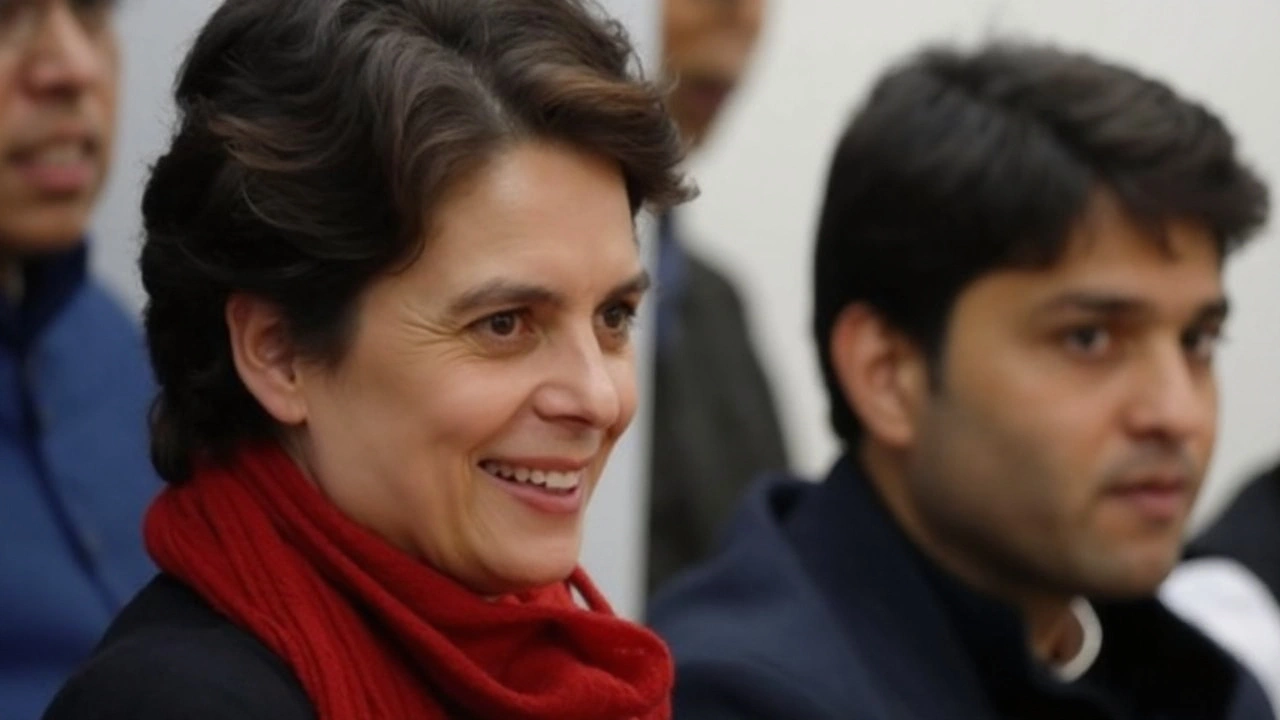Priyanka Gandhi – Who She Is and Why She Matters
Priyanka Gandhi Vadra is a familiar name in Indian politics. As the daughter of former Prime Minister Rajiv Gandhi and Congress leader Sonia Gandhi, she grew up inside a family where politics is a daily conversation. Today she serves as a key face of the Indian National Congress, especially in the northern heartland. If you’re curious about what makes her a player worth watching, this guide breaks it down in plain language.
Family roots and early life
Born on January 12, 1972, in Delhi, Priyanka spent her school years in Delhi and later went to college in the United Kingdom. Her education gave her a broad view of the world, but she always stayed connected to her family's political work. When her mother Sonia took over the Congress party in 1998, Priyanka started appearing at rallies and public events, learning the ropes of campaigning from the front row.
Her marriage to Robert Vadra, a businessman from Delhi, added a layer of media attention. The couple’s son, Rahul, is often seen with her at public functions, reinforcing the image of a close‑knit political family. Even though she kept a low profile for many years, her name never disappeared from the headlines.
Political comeback and current role
In 2019, Priyanka stepped back into the spotlight, taking charge of the Congress campaign in Uttar Pradesh, India’s most populous state. Her entry sparked a wave of enthusiasm among party workers who felt a familiar energy returning. While the Congress didn’t win a majority, Priyanka’s speeches and rallies drew large crowds and media coverage, showing her ability to mobilize voters.
Since then, she’s been active on social media, using platforms like Twitter to comment on national issues, from farmer protests to economic policies. Her messages are often straightforward: she stresses the need for inclusive growth, communal harmony, and stronger public services. Critics say she still lacks a clear policy roadmap, but supporters point to her charisma and the renewed hope she brings to the party’s base.
Looking ahead, Priyanka is expected to play a bigger role in the upcoming general elections. Analysts suggest that her presence could be a deciding factor in swing states such as Uttar Pradesh, Bihar, and Madhya Pradesh. If the Congress wants to challenge the ruling party effectively, they will likely rely on her ability to connect with ordinary voters and convey a simple, hopeful narrative.
Beyond elections, Priyanka has taken up causes like women’s empowerment and education. She often visits schools in rural areas, urging families to send their daughters to school. These visits are not just photo‑ops; they underline her belief that social change starts at the grassroots level.
In a political landscape dominated by strong personalities, Priyanka Gandhi offers a blend of legacy and fresh appeal. Whether you are a staunch supporter or a curious observer, keeping an eye on her moves gives you a better sense of where Indian politics might be heading. Stay tuned for her next rally, statement, or social media post—each could signal a shift in the nation’s political mood.
So, if you want to understand today’s Indian politics, know that Priyanka Gandhi’s story is more than just family history. It’s about how a new generation tries to reshape a decades‑old party and connect with a country that’s constantly changing.
